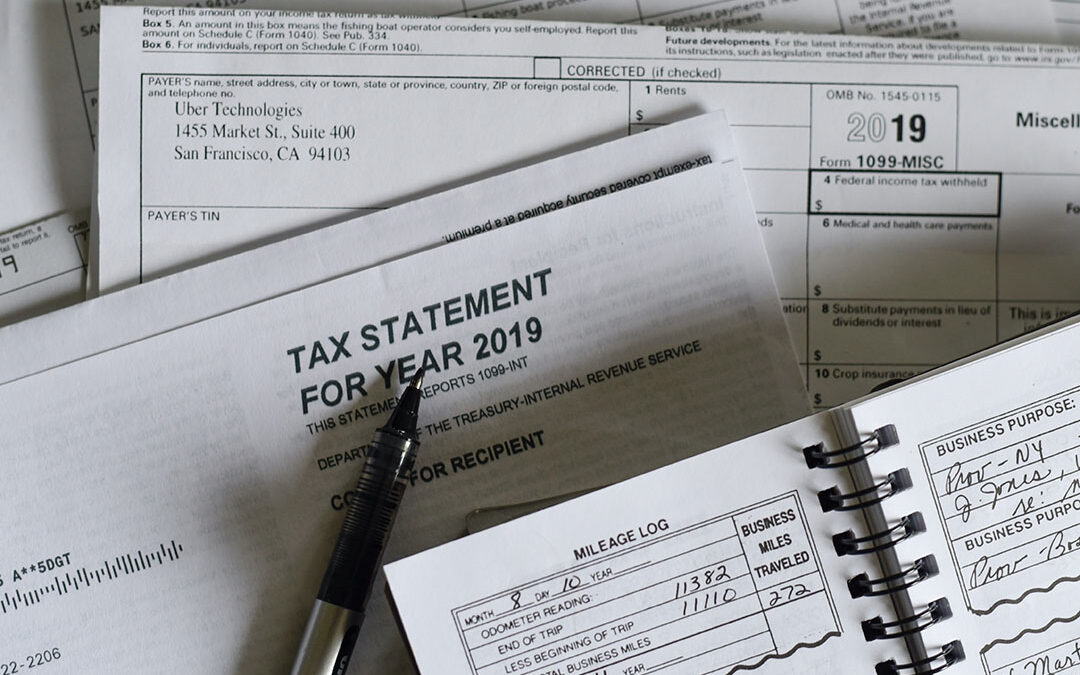Obtaining tax-exempt status for a nonprofit organization can take months of hard work and dedication. So, once the IRS grants you this designation, it is essential that you do everything in your power to keep hold of it. The following tips explain how to avoid losing tax-exempt status:
Avoid Getting Political
According to the Internal Revenue Code, all 501(c)(3) nonprofit organizations are forbidden from engaging in political activity on behalf of or in opposition to any candidate for elective public office. Any charity that is found to be participating or intervening in a political campaign can have their tax-exempt status revoked.
Should you have any questions about the activities that your organization can engage in without violating this rule, you would be well-advised to speak with an experienced San Diego nonprofit attorney.
Keep Up with Your IRS Filing Requirements
Nonprofit organizations with annual gross receipts in excess of $50,000 are almost always required to file Form 990 or Form 990-EZ with the IRS on an annual basis. Charities with annual gross receipts of less than $50,000 must file Form 990-N.
Organizations that fail to keep up with their filing requirements can face fines and other sanctions. If a charity fails to file their return with the IRS for three consecutive years, their tax-exempt status can be automatically revoked.
Report Your Unrelated Income
It is not unusual for nonprofit organizations to have “unrelated income” – revenue that is generated from activities that do not substantially relate to the charity’s exempt purpose or core mission. Such income is generally garnered from gift shops, advertising, or the sale of merchandise.
When a 501(c)(3) organization has more than $1,000 of unrelated income in a given year, they are required to report it to the IRS by filing Form 990-T. At the time of filing, nonprofits are also expected to pay tax on the revenue – since it is not related to their exempt purpose. Charities that fail to take these steps can be stripped of their tax-exempt status.
The rules and regulations surrounding the reporting of unrelated income can be a little confusing, so don’t be afraid to speak with a California charity lawyer if you need some additional guidance.
Avoid Making Transactions That Unduly Benefit a Director or Officer
The income generated by 501(c)(3) organizations must be primarily used for a charitable purpose. It cannot be used to unduly benefit one of the charity’s directors, officers, or key employees.
This rule essentially means that:
● Employees must not receive unreasonably high compensation
● Deals involving companies owned by a director or officer must be fairly compensated and must be approved by the board of directors
● Nonprofits cannot transfer money or property to one of its directors, officers, or any other person
Charities that engage in transactions that are banned by the IRS can lose their tax-exempt status.
Your Knowledgeable California Nonprofit Lawyer
If you would like to learn more about how to avoid losing your tax-exempt status, please do not hesitate to call (619) 535-1811 and speak to a member of the Semanchik Law Group team. We are always ready, willing, and able to assist our friends and neighbors here in Southern California.


